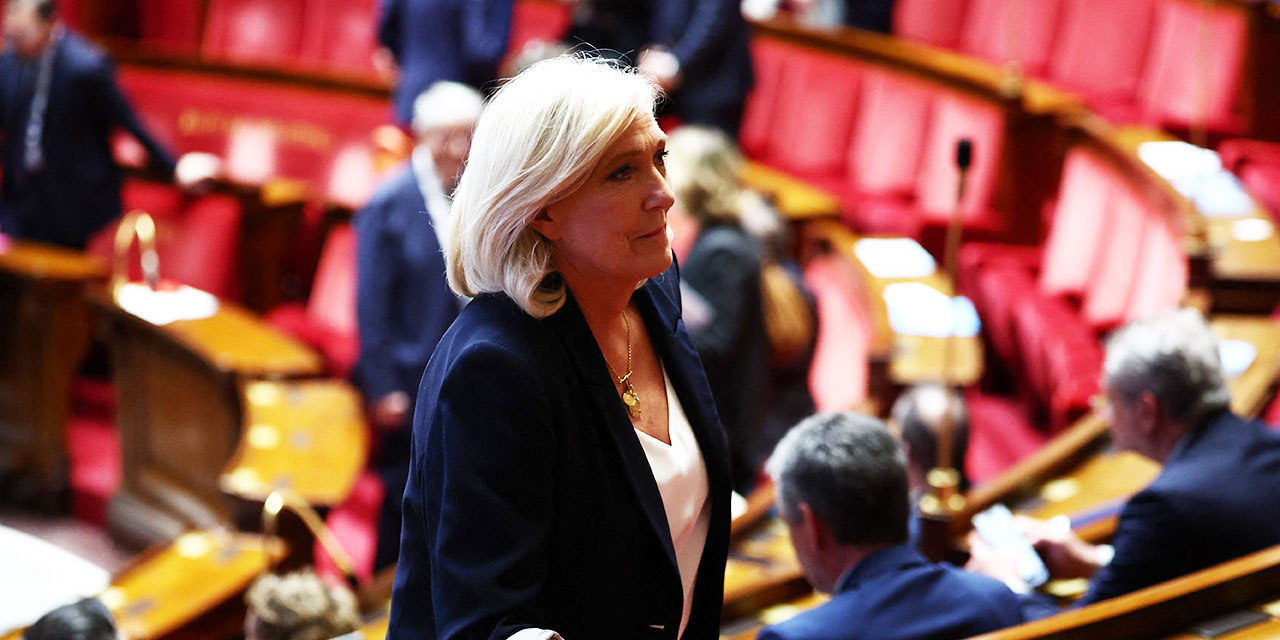The ascension of Boris Johnson to prime minister by no means guarantees that Britain will leave the European Union by October 31. Though hardly dull like his predecessors, David Cameron and Theresa May, he is not a man of firm and unalterable principle, either.
Johnson might, for example, wring some minor concession from the EU, declare victory, and try to get some version of May’s deal past Parliament—in effect, leaving the union without leaving it. Or he might suffer a motion of no confidence at some point, his majority being wafer-thin, with many enemies in his own Conservative Party. He could call an election, which he might well lose. It is not impossible that the new Liberal Democrat leader, Jo Swinson, would emerge with the most Parliament members and go into coalition with the Scots nationalists, who would impose as a condition of their adhesion a second referendum on Scottish independence. If the nationalists were to win, there would be no third.
On the other hand, Swinson has made it plain that she would respect the result of a second referendum on Brexit only if it went in favor of remaining. In other words, there can be any policy you want, so long as it is mine. There has probably never been a clearer expression of what Thomas Sowell calls “the vision of the anointed” than this—the supposition that one’s own views are so beyond moral dispute that anyone with the temerity to dispute them must be a moral Neanderthal.
Many of my acquaintances voted to remain, and most cannot conceive of how anybody who was not a xenophobic, warmongering ignoramus could have voted otherwise. Some are proud that they know no one who voted for Brexit (I do not tell them how I voted) and are not in the least embarrassed that they are confessing to know no single member of the 52 percent who voted to leave, like a duchess who knows no one in trade.
I would not be proud, nor wear it as a badge of social, educational, and intellectual distinction, that I knew no one in favor of remaining. Rather, it would worry me that I knew so little of my fellow countrymen. There were arguments for remaining, after all—principally that, since the country seemed to be prospering before the referendum, and since leaving would almost certainly bring a period of economic disruption, and most of Britain’s serious and intractable problems have nothing to do with its membership in that Union, it would have been better to remain and let the Union fall apart under its own weight of contradictions, while staying as aloof from it as possible.
What I find curious about most remainers is that they seem unaware that the European populations are not of one mind about the Union, and indeed many are viscerally opposed to the project of creating a United States of Europe. A bigger majority in France voted against the proposed constitution for Europe than voted for Brexit in Britain. (They got the constitution all the same, in treaty form instead.) Last week, a strong article appeared in Le Figaro warning against the attempt by the European Court to make itself the final arbiter even of the national constitutions of the various states. It is likely that only an infinitesimal proportion of the French population would wish the European Court to prevail over any and all French laws, considering that the result would reduce France to the status of a county or municipality.
Swinson’s statement, that she would do whatever it takes to prevent Brexit, including ride roughshod over public opinion, shows how Europeanized she is. She is young—39—and probably representative of the educated persons of her class and generation, to say nothing of those yet younger. They apparently have no objection to authoritarian rule—provided it is their own, of course.
Photo by Jeff J Mitchell/Getty Images





